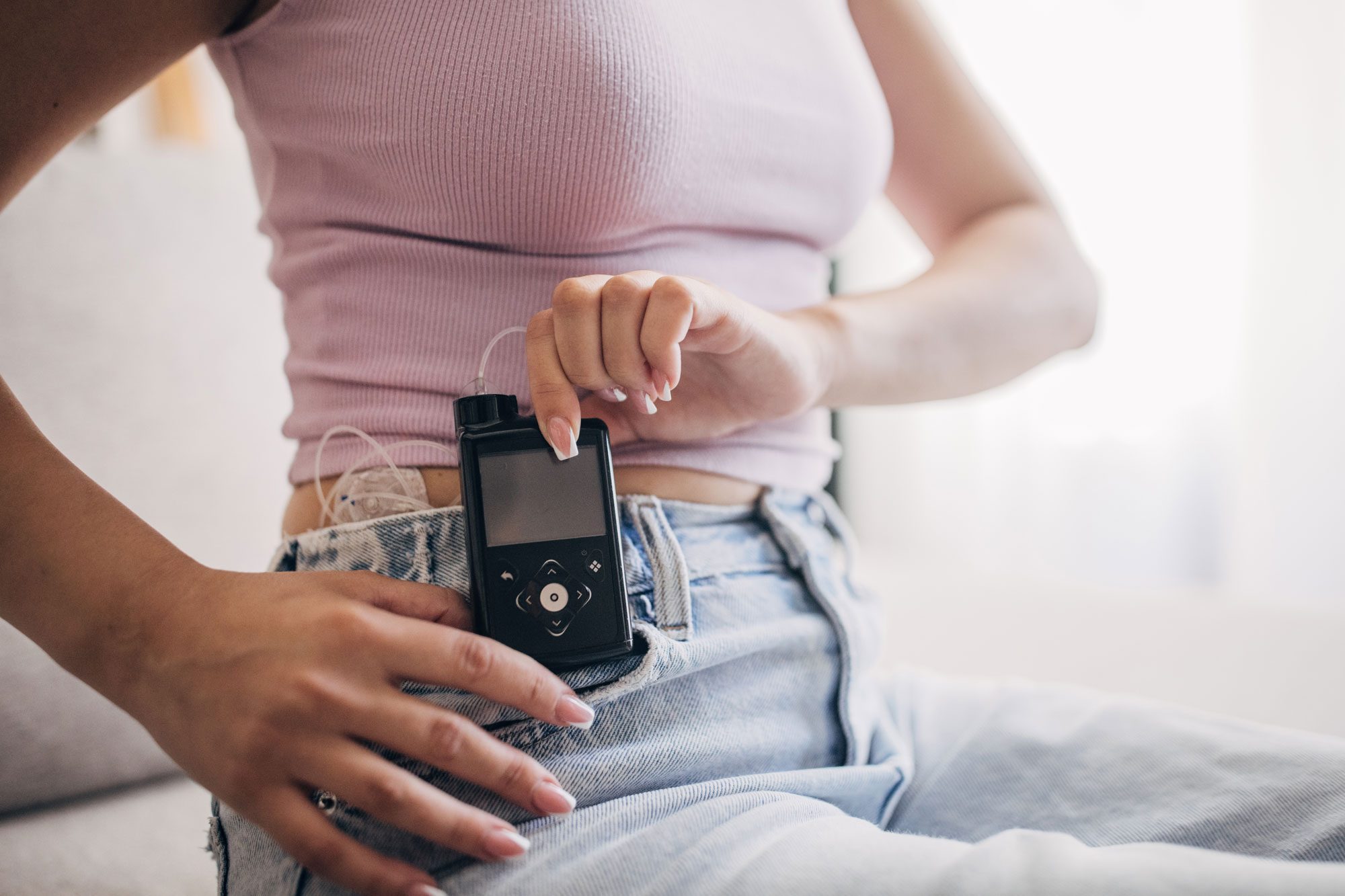You may not be able to count on it for as long as you'd anticipate, say experts who call the risk high. Here's who's affected, and what to do.

785,000 Diabetes Devices Have Been Recalled Nationwide and in Puerto Rico

Caring for your health after a diabetes diagnosis takes precision and care. Type 1 diabetes patients need to be advised of an ongoing insulin pump recall that the US Food and Drug Administration (FDA) has designated as a Class I risk, indicating “reasonable probability” that the product could cause “serious adverse health consequences or death.”
In its initial July Safety Alert, the New Jersey-based medical device company Medtronic announced that it was recalling several models of its insulin pumps due to problems with the devices’ batteries. The company explained that the devices rely on a system of “visual, audible, and vibratory” battery alerts to communicate when it’s time to change the pump battery, ensuring that the system doesn’t stop delivering insulin without ample warning. However, when some of the pumps were subject to even minor physical damage from common wear-and-tear, this warning system became compromised.

“We have found that in some instances, pumps that have been dropped, bumped, or experienced physical impact, may have damage to internal electrical components, which may cause reduced battery life on the pump,” the Safety Alert states. “Please note that even a single drop could result in reduced battery life, either immediately after the drop, or over time.”
The affected products include all MiniMed™ 600 series and MiniMed™ 700 series insulin pump models—and in particular, MiniMed™ 630G, MiniMed™ 670G, MiniMed™ 770G, and MiniMed™ 780G. The pumps were sold nationwide and in Puerto Rico, according to a series of FDA reports, which also estimate that over 785,000 units are now under recall.
In an October update they call “urgent”, the company notes that the affected products “may cause serious adverse health consequences, including high blood sugar (hyperglycemia), fat breaking down too fast in the body (diabetic ketoacidosis) and death.” While no adverse effects were reported at the time of the initial safety alert, by September 2024 Medtronic has received at least 170 related reports of hyperglycemia greater than 400 mg/dL, and 11 reports of diabetic ketoacidosis—a complication when the body cannot make enough insulin to break down sugar and swiftly starts to break down fat for energy which causes a buildup of ketones, acids, in the blood that affect the body systemically.
In greater detail than in its initial report, the company also outlined the steps to take if you believe your pump may have been compromised by a fall or bump. These include carrying an extra set of new AA lithium or alkaline batteries, paying attention to all pump alerts and alarms, replacing the battery as soon as you receive the “Low Battery Pump” alert, being aware that when the “Replace Battery Now” alarm appears, insulin delivery stops, and keeping a back-up delivery method for your insulin therapy in an emergency kit at all times.
Additionally, it’s important to contact Medtronic’s 24-hour Technical Support team by phone at (800) 378-2292 if you believe you may need a replacement pump. You can also report any adverse reactions or quality problems to the FDA’s MedWatch Adverse Event.
”Medtronic began proactively notifying impacted pump users in July because of the high priority we place on patient safety and understand the important role of pumps in the care and management of diabetes,” Robert Vigersky, MD, Chief Medical Officer, Medtronic Diabetes, said via press release. “Our team is here 24 hours a day, 7 days a week to help if you experience battery depletion or any other issue with your pump. Patient safety is our priority, as is continuity of therapy, which is why we made the decision to voluntarily notify patients and will replace pumps when needed.”
For daily wellness updates, subscribe to The Healthy by Reader’s Digest newsletter and follow The Healthy on Facebook and Instagram. Keep reading:
- 250,000 Covid Tests Sold Nationwide Recalled for False Results
- Kroger and 15 Other Grocers Just Recalled More Than a Dozen Products for Meat Safety Concerns
- Fisher-Price Recalls 21 Models of a Popular Product After 5 Deaths Reported
- 60,000 Containers of a Popular Nutritional Supplement Were Recalled in 20 States and Puerto Rico




















